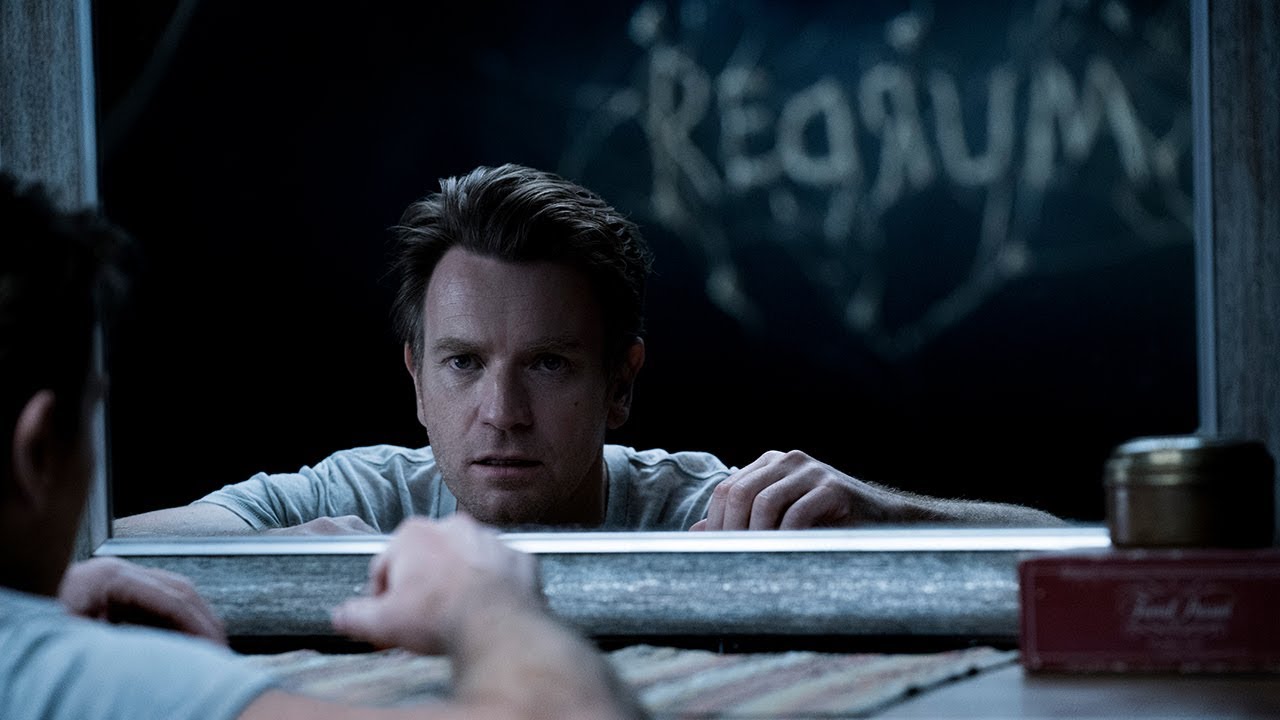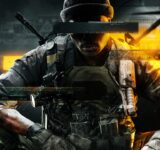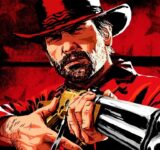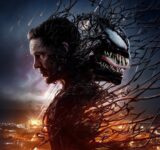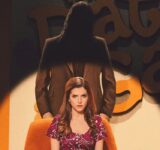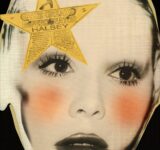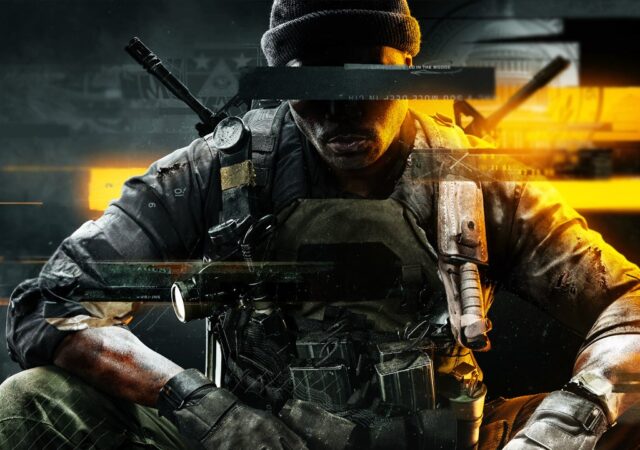Nearly forty years later, we have a true sequel to The Shining. Like Bladerunner 2049, it wasn’t really necessary, but it’s still a fine movie in its own regard. Director Mike Flanagan doesn’t really try to outdo Stanley Kubrick here, and he would have been foolish to try. Instead, he focuses on adapting Stephen King’s novel as best as he can, while also bridging the gap between the novels and Kubrick’s vision.
Dan Torrance (Ewan McGregor) is all grown up, still haunted by his time at the Overlook Hotel, relying on booze to quell his demons. Eventually, he finds his calling as a hospice at a nursing home and cleans himself up. He soon finds himself drawn into another supernatural conflict, however, when a twelve year old Abra (Kyliegh Curran) finds him and reveals that she has powers of her own. Abra asks for his help fighting off a group of dangerous psychic vampire called the True Knot, led by the charismatic and mysterious Rose the Hat (Rebecca Ferguson).
Ewan McGregor gives an understated performance as Dan, bottling his demons deep beneath his surface. He is dealing with a lot of baggage, but over time, he also develops the inner strength needed to confront his darkness and return his life to normalcy. Kyliegh Curran also stands out in her role as Abra, proving to be indefatigable and dogged in her pursuit to bring the True Knot to justice. At times, Abra is so powerful that it makes you question whether she even needs Dan to help her.
It’s Rebbeca Ferguson as Rose the Hat, however, who’s the most remarkable. She turns what was a thin character in the books into a formidable villain with great screen presence.
She’s arresting and sadistic, and although she is using the True Knot for her own ends, she has a bond with them that makes her care for them to an extent. She’s a memorable villain, almost on a par with the likes of Pennywise and Jack Torrance, and if the film holds up, she will probably find a similar niche in pop culture as well.
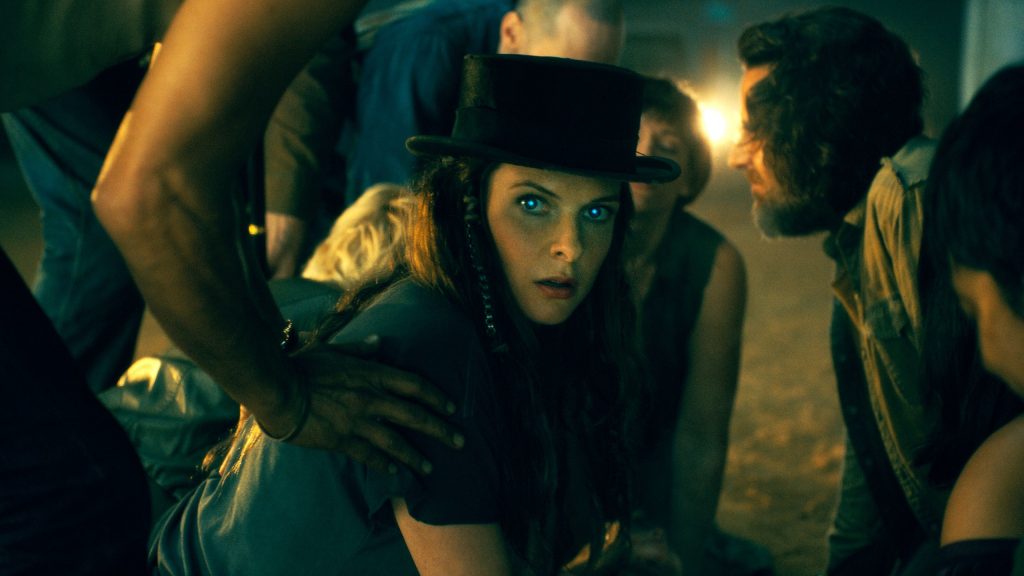
Flanagan, who has experience with both adapting Stephen King (Gerald’s Game) and strong horror fare (The Haunting of Hill House), does well as a mediator between King’s sensibilities and Kubrick’s vision. He’s a very different director compared to Kubrick: instead of wide tracking shots and symmetry, we get a rich color palette with quick cuts and tighter angles. He owns the space that Doctor Sleep operates in: yes, it’s an adaptation of King’s novel and follows in Kubrick’s footsteps, but it’s also, unequivocally, Flanagan’s film. Of course, in the third act, Flanagan gives in and flies too close to the sun, directly referencing many objects from Kubrick’s iconic film. Certain shots and events are replicated with meticulous accuracy. While it’s quite entertaining, it does feel weaker in comparison to the first two acts.
Once again, Doctor Sleep is very different from The Shining. The horror is of a different breed: while there’s one particular scene that’s very difficult to watch, for the most part it’s a more straightforward confrontation between Dan, Abra and the True Knot. While The Shining had a ton of psychological horror to it, Doctor Sleep delves so much into what some people can do with their powers that, at times, it feels more like a superhero origin story.
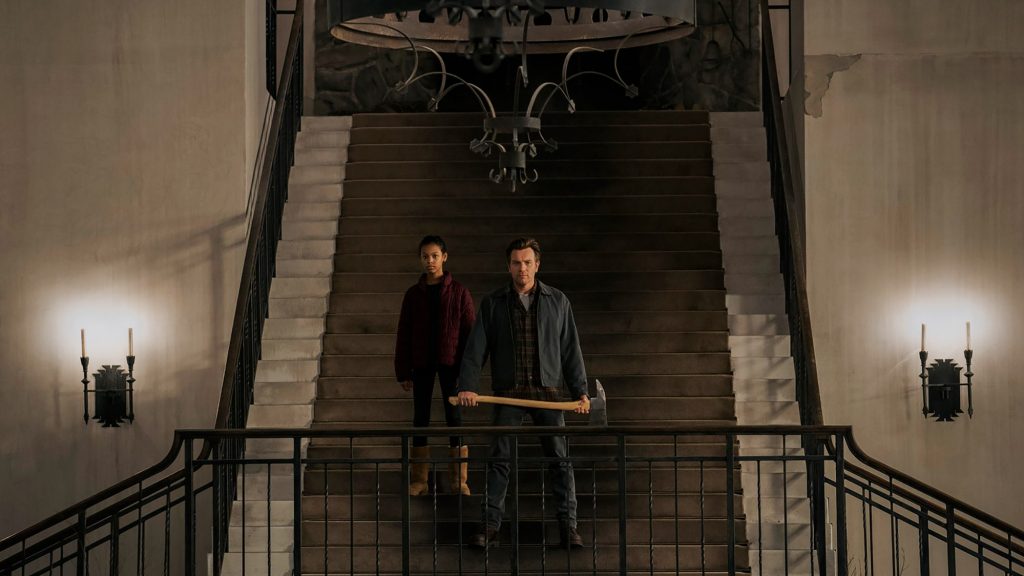
For the most part though, Doctor Sleep uses horror as a lens to explore the long-lasting effects of child trauma and how one can make peace with those issues in later life. Like The Haunting of Hill House, this is a story that has a lot of emotion, and the whole narrative is better for it.

